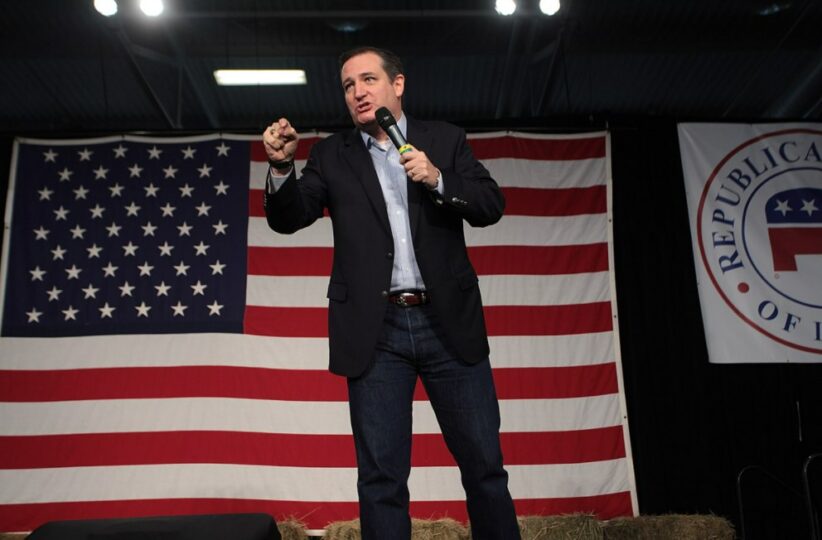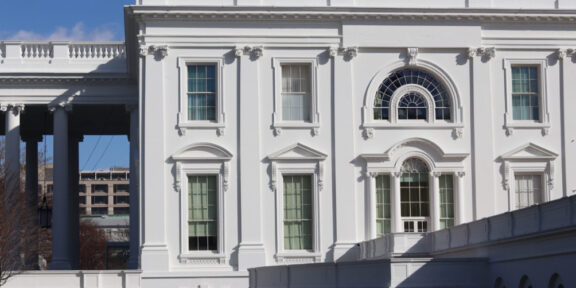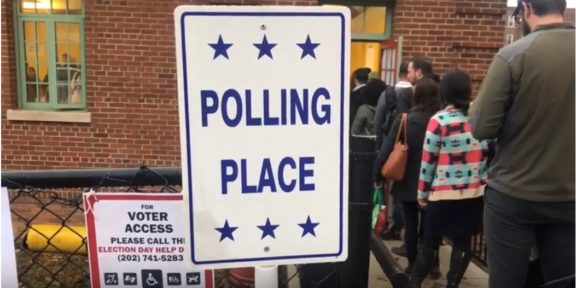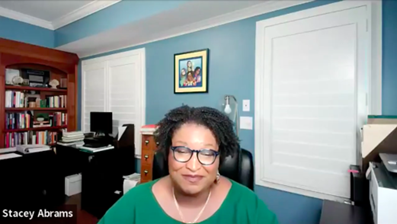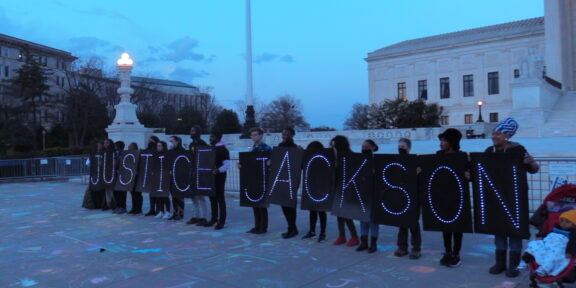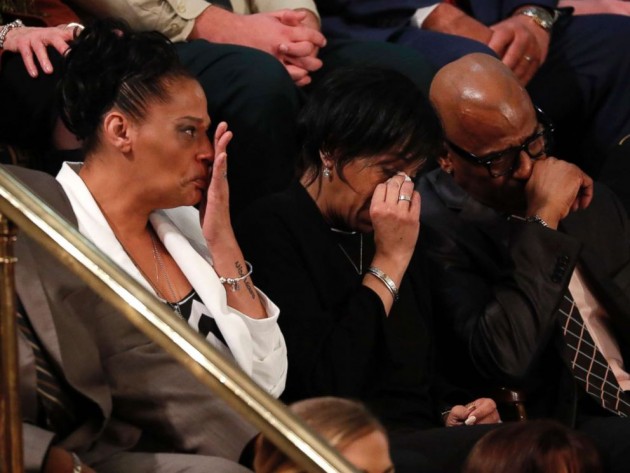The U.S. Supreme Court heard arguments last Wednesday in Republican Sen. Ted Cruz’s attempt to challenge a campaign funding law on loan restrictions and repayments. The court is expected to issue a decision by the summer in Federal Election Commission v. Ted Cruz for Senate. If justices decide in favor of Cruz, it could loosen regulations for political candidates.
Cruz used his campaign loan for the 2018 election as a basis for his argument to test the law’s constitutionality. The day before the U.S. Senate general election in Texas, Cruz took out two campaign loans totaling to $260,000 ($5,000 from his personal accounts). There is a standard 20-day period to repay the campaign financing loans. Cruz did not get the money he lent back until after the 20-day period, which violates Section 304 of the Bipartisan Campaign Reform Act.
The reform act established a $250,000 cap toward the reimbursement of personal loans from campaigns using donations received after elections. Justice Sonia Sotomayor asked why Congress decided on $250,000 as the limit. It was explained that Congress can balance competing interests and make it feasible for candidates to use loans as seed money to support their campaigns.
The Supreme Court questioned the standing to challenge the restrictions of loan repayment, as well as potential violation of the First Amendment. Additionally, the justices inquired about the timing of when Cruz took out the loans for his campaign.
Representing the Federal Election Commission, Deputy Solicitor General Malcolm Stewart claimed Cruz’s campaign did not have the basis to sue the federal government. He argued that Cruz’s financial injury was “self-inflicted” since Cruz was aware of the amount of money he committed to his campaign. Given that it was a loan and not a gift, it should be expected to be repaid, Stewart said.
Charles J. Cooper argued on behalf of Cruz. Cooper claimed that aside from financial injury to Cruz’s personal accounts, the 20-day repayment deadline is “parasitic” to the act. According to the government, Section 304 is supposed to protect against the threat of quid pro quo corruption as a result of post-election donations to repay loans. The statute of the act itself does not burden Cruz, but rather the regulation of the law.
Chief Justice John Roberts conversed with Cooper about whether it is a constitutional matter that necessitated review from a three-judge court. In December of 2019, Cruz asked the U.S. District Court for D.C. to convene a three-judge panel to hear the challenges in accordance with the reform act’s judicial review provision. The injury is directly caused by the regulation of Section 304, not the Bipartisan Campaign Reform Act as a whole. Roberts claimed that Cooper made an administrative law argument, not a constitutional argument, which is not enough to get the case in front of a three-judge court.
Should this challenge to regulate the Bipartisan Campaign Reform Act succeed, it would allow elected officials to create large loans towards their campaigns without interest rates. However, the campaigns are not permitted to pay back more than $250,000 of a loan from money that is raised after an election.
Although the money reimbursed to the candidate that fronts their campaign is returned to them and protected under this law, the candidate pockets all other donations towards the campaign. At the court hearing Sotomayor said: “That’s a natural quid pro quo. I’m giving because I want to draw my attention to you.” It is believed that if someone gives money to a candidate or their campaign, that candidate would pay more attention to the donor.
Judge Kenneth Sanders of Precinct 7 in Tarrant County, Texas, shared his views about this case. “Running for office is an expensive task,” Sanders said. “If you can’t raise the money sometimes you have to loan the money to your own campaign.”
“But I understand the state’s argument in terms of getting money on the front end is different than when you’re getting money on the back end when you’re trying to repay campaign debt, because you know that money is going directly to that candidate’s pockets most likely.”
In regard to how this case could subject future campaigns to potential bribes from lobbyists or donors, Sanders said, “Big corporations and political action committees support candidates that are going to advance their issues and their initiatives.”
He continued to elaborate on the relevance of the Citizens United v. Federal Election Commission from 2010 to this case. The 2010 ruling restricted the government from knowing the names of donors to political action committees and campaigns. Consequently, it opened the door for candidates to receive “dark money.”
Semira Robinson is a reporter and regional bureau chief for HUNewsService.com.

